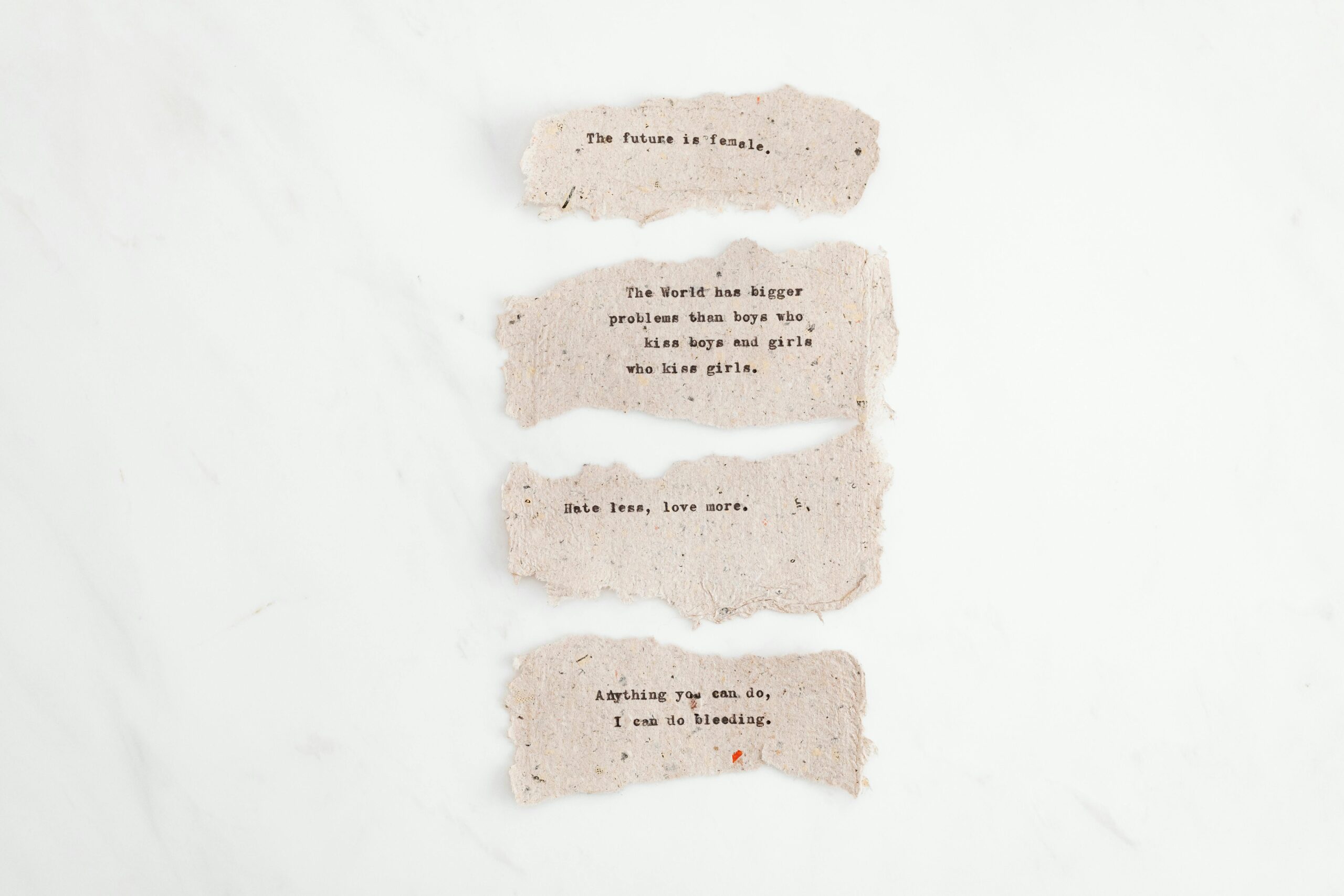It started with a simple message.
“You have that rare kind of presence — makes me want to listen more than I usually do.”
I was halfway through my morning coffee, scrolling mindlessly before work — and something about that line made me pause.
Not because it was dramatic or overly flattering…
But because it felt like someone had actually seen me — not just skimmed past my profile.
That single compliment shifted my mood.
It made me rethink how I interacted online.
And honestly…
It changed how I approached conversations — and even how I enjoyed my coffee.
In this article, we’ll explore:
- How one compliment can shift your emotional state
- Why meaningful praise matters more than generic flattery
- Real-world examples of compliments that spark connection
- And how small moments of recognition can change entire routines
Let’s dive into The Compliment That Changed My Morning Coffee Routine — and what it teaches us about the power of words.
Why Some Compliments Change Everything
We hear compliments all the time.
“Cute pic.”
“Love your energy.”
“You’re funny.”
But rarely do they make us stop — and reflect.
Psychological Insight: Emotional Recognition Builds Confidence
According to research in Social Psychological and Personality Science , people respond most strongly to compliments that feel personalized , sincere , and timely .
Why? Because those are the ones that activate both dopamine (pleasure) and mirror neuron activity (emotional resonance).
So when someone says something that feels specific to who you are — not just how you look — it lands differently.
And sometimes…
It changes your day.
What Happened After That Message
I remember reading it while sipping my coffee — and for some reason, I didn’t just smile.
I felt something.
Maybe it was the way it was worded.
Maybe it was timing.
Maybe I’d been feeling overlooked in digital interactions — and needed to be seen.
Either way, I responded differently than I normally would.
Instead of sending a quick emoji or witty opener…
I sent back:
“Now I’m curious — what exactly caught your attention?”
That led to a conversation that lasted over an hour — and eventually turned into a friendship… then something more.
But beyond romance — the real impact was internal.
That compliment reminded me that:
I was worth noticing.
And from that moment on, my mornings felt different.
I started looking forward to that first message of the day — not just for validation, but for connection.
The Psychology Behind Meaningful Praise
Compliments aren’t just social lubricant — they shape how we see ourselves.
Here’s what science says about meaningful verbal appreciation:
1. Dopamine Release Through Social Reward
Receiving a sincere compliment activates the brain’s reward system , making us feel good — and more confident.
2. Mirror Neurons Make Us Feel Seen
When a compliment aligns with our self-perception, we emotionally mirror the speaker — building trust faster.
3. Identity-Based Flattery Lasts Longer
Lines like: “You carry yourself with calmness — I appreciate that.”
“Your voice has warmth in it — it makes me want to keep listening.”
“You seem like someone who genuinely enjoys life — I admire that.”
These stick — because they speak to who we believe we are.
Real-Life Scenarios: When Compliments Shift Mornings, Moods, and Mindsets
Let’s explore other stories where a single sentence changed someone’s routine — and mindset.
The Barista Who Made Her Feel Valued
A woman visited the same café every morning — always ordering quietly and leaving fast.
One day, the barista said:
“You always come in with such focus — I hope your day goes as planned.”
She smiled — and came back earlier the next day.
Why It Worked: A compliment rooted in observation builds comfort — and habit.
The Text That Made Him Rethink His Day
He received a message from a match:
“You have that rare kind of vibe — makes me want to slow down and enjoy the chat.”
He was mid-coffee — and suddenly, he took his time.
He replied thoughtfully — and ended up having one of his best conversations of the week.
Why It Worked: It invited presence — not performance.
The DM That Broke the Ice
She got a direct message after a long silence:
“I’ve been rewatching your old posts — you have a way of seeing things others miss.”
She replied — and within days, her entire morning interaction flow changed.
She started messaging earlier.
She engaged more deeply.
And she looked forward to her phone vibrating — not just dreading it.
Why It Worked: It acknowledged her inner world , not just her content.
How to Give Compliments That Stick — Not Slip Away
Want your words to leave a lasting impression?
Avoid generic lines — and aim for depth.
Here’s how to give compliments that land well.
1. Lead With Curiosity
Instead of jumping into flirtation, start with genuine interest.
Examples:
“What’s something most people miss about you?”
“I love how calm you seem — what’s your secret?”
“You seem like someone who thinks differently — what shaped that?”
This invites conversation — and makes your message memorable.
2. Use Humor Lightly
Playfulness disarms tension — and makes compliments feel more human.
Try These:
“I wasn’t going to flirt today… but clearly, I failed.”
“You must be magic — because every time I look at your bio, I forget what I was doing.”
“I think my phone cracked when I saw your picture. Worth it.”
Don’t force it — but let humor reflect your tone.
3. Acknowledge Presence Over Looks
Praising someone’s energy, warmth, or character sticks far longer than appearance-based comments.
Good vs. Bad Examples:
“You’re cute.”
“You have that rare kind of presence — makes me want to listen more than usual.”
“Smiling makes you prettier.”
“Your energy feels like something I could get used to.”
One fades — the other lingers.
4. Let Silence Speak Too
Sometimes, the most powerful move isn’t a bold line — it’s a thoughtful pause.
Example: “Now I’m going to stop before I say too much…”
“I hope this doesn’t ruin our conversation — but I had to say it.”
This gives space for reflection — and often sparks deeper replies.
5. Match Their Energy Before Cranking It Up
If she’s thoughtful, respond with curiosity.
If he’s playful, match with wit.
Example: She says: “Only date billionaires or cats.”
You reply: “Well, I own a cat — does that count as half?”
This builds rapport — not pressure.
Frequently Asked Questions (FAQ)
Q: Can a compliment really change your mood?
A: Yes — especially if it acknowledges identity, effort, or presence.
Q: Should I always flirt with humor?
A: Only if it feels natural — otherwise, sincerity wins every time.
Q: Do people remember compliments tied to personality more than looks?
A: Absolutely — studies show that identity-based flattery builds stronger emotional bonds
Q: Is it okay to compliment someone you don’t know well?
A: Yes — as long as it’s respectful and not overly personal.
Q: What if the person ignores my compliment?
A: Then let it go. You offered kindness — and that’s enough.
Final Thoughts
Words don’t always arrive when we expect them.
Sometimes, they come during a quiet morning sip of coffee — and change everything.
Because the right compliment doesn’t just make you blush — it makes you feel known .
And once you’ve tasted that kind of recognition…
You start looking for it — and offering it — more intentionally.
So next time you’re sipping your coffee and someone sends you a message that makes you pause…
Take it seriously.
Because sometimes, the best connections begin not with grand gestures —
Just a warm voice note, a thoughtful line, or a compliment that arrives exactly when you need it.
And sometimes…
That’s all it takes to change your morning — and maybe even your heart.





